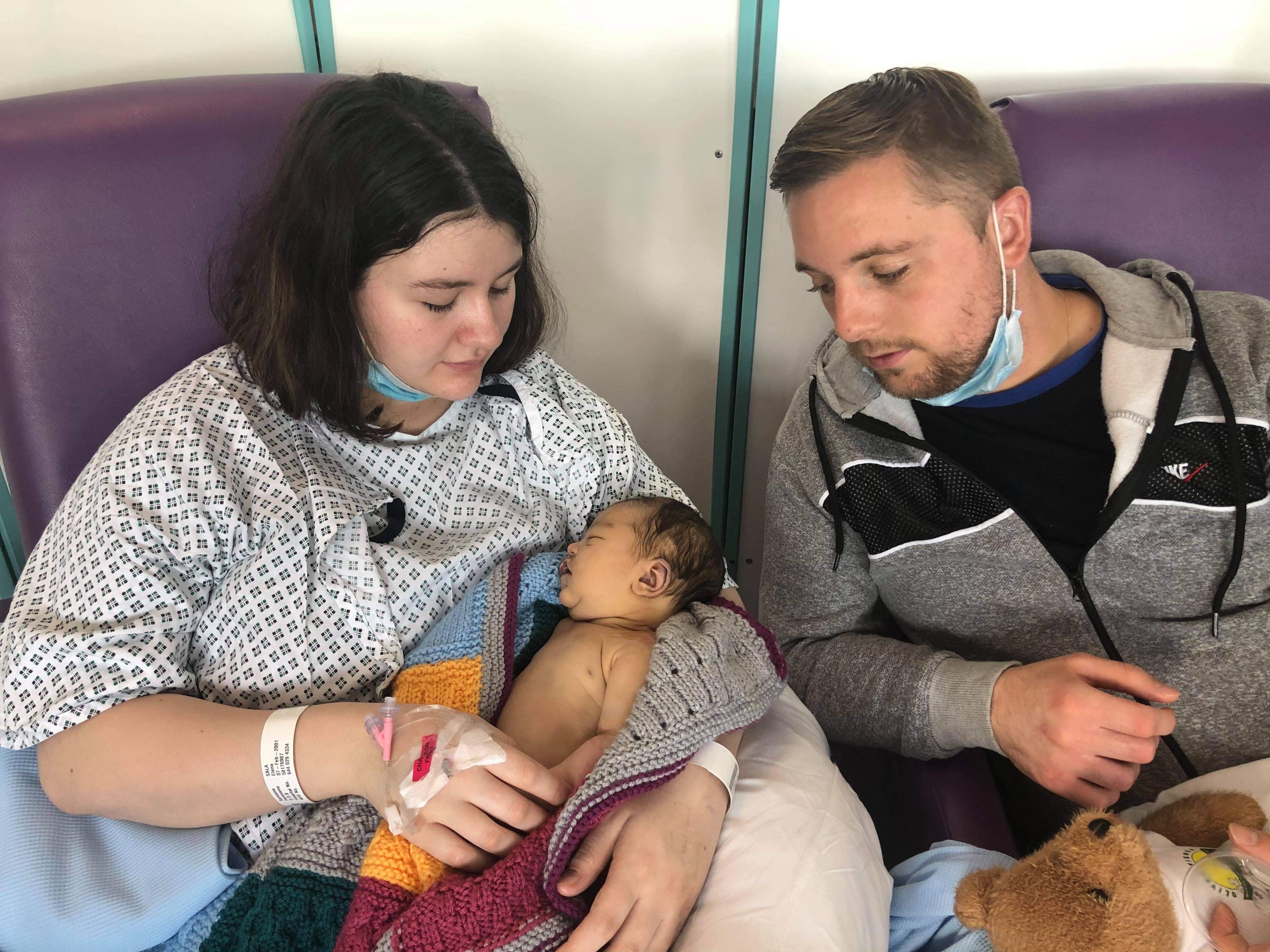Baby girl could have contracted pneumonia hours or days before birth – inquest
Rosanna Matthews was born with no heartbeat and, after being resuscitated, died three days later.

Your support helps us to tell the story
From reproductive rights to climate change to Big Tech, The Independent is on the ground when the story is developing. Whether it's investigating the financials of Elon Musk's pro-Trump PAC or producing our latest documentary, 'The A Word', which shines a light on the American women fighting for reproductive rights, we know how important it is to parse out the facts from the messaging.
At such a critical moment in US history, we need reporters on the ground. Your donation allows us to keep sending journalists to speak to both sides of the story.
The Independent is trusted by Americans across the entire political spectrum. And unlike many other quality news outlets, we choose not to lock Americans out of our reporting and analysis with paywalls. We believe quality journalism should be available to everyone, paid for by those who can afford it.
Your support makes all the difference.A baby girl who died at three days old could have contracted congenital pneumonia “hours or even days” before her birth, an inquest has been told.
Rosanna Matthews died on November 23, 2020, and the inquest into her death continued at Archbishop’s Palace in Maidstone, Kent, on Wednesday.
Mum Elena Sala was on the labour ward of Tunbridge Wells Hospital on November 20 of that year and said she started feeling the urge to push along with contractions at around 3pm – but was told not to push until after a vaginal examination at 4.45pm.
The inquest heard evidence from four doctors who were on shift at the time of Rosanna’s birth including Philippa Moth, the consultant obstetrician on duty until 5pm on that day, and Oliver Wildman, who took over that role when shift changeover occurred.
When Miss Sala was brought into theatre for Rosanna to be delivered at 5.23pm, the baby heartbeat monitor (cardiotocograph) found the baby was suffering foetal bradycardia – an abnormally low heart rate.
Mr Wildman then decided to deliver Rosanna immediately via a caesarean section, following two failed attempts at instrumental delivery using a suction cup and forceps in the birthing room.
Explaining the foetal bradycardia, Miss Moth said: “This could have been a hypoxic or infective process. The cardiotocograph was considered pathological due to two non-reassuring features but it didn’t show hypoxic issues, so we concluded the bradycardia was caused by an infection.
“Congenital pneumonia is an infection in the lungs and can be contracted during or before labour.
“It could be an ascending infection where it moves from the vagina upwards or could be contracted through the placenta.
“Analysis of the gases in the umbilical cord during the post-mortem suggests this process was ongoing for possibly many hours or days.
“This makes babies more sensitive to any issues in labour and this would have made Rosanna more vulnerable. It’s difficult to know the point when Rosanna could have been born with a heartbeat.”
The inquest, which is expected to run until Friday, continues.